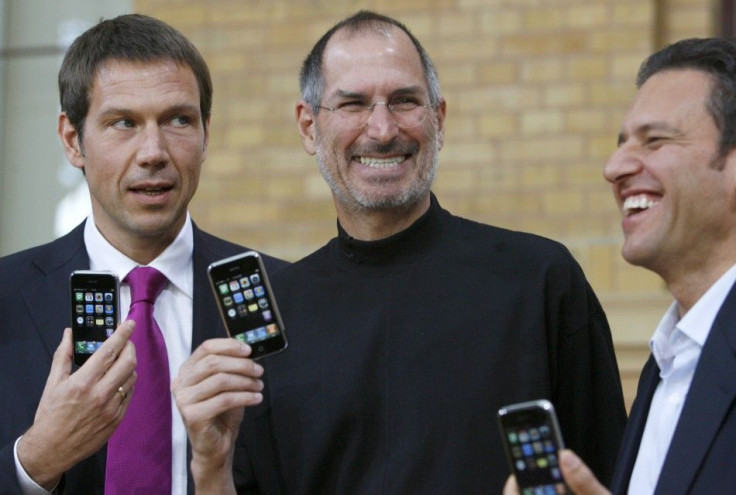After AT&T Bid, Who Else Might Target T-Mobile?

If the courts uphold the Justice Department's bid to stop the $39 billion takeover of T-Mobile USA by AT&T, who else might emerge to bid for it?
After all, T-Mobile's owner, Deutsche Telekom, is interested in selling it and would like to get some cash.
While one might think some technology companies interested in new sectors might be bidders --- Google, Amazon or even Microsoft -- chances are they'd shy away. The reason is that telecommunications companies are potential minefields because they are regulated.
Imagine a high-growth company like Amazon having to deal with 50 state regulatory commissions, the Federal Communications Commission and the Justice Department.
So here are several candidates with some experience in management, regulated commerce and national scope.
The first is FedEx, globally known for the logistics service it provides as well as operator of a giant fleet of planes and trucks that are already major users of telecommunications for tracking, fulfillment and customer monitoring.
By circumstance, the former CEO of its biggest rival, UPS, is an AT&T director. There is something in the environment there.
Memphis-based FedEx has a market capitalization of $24.9 billion. However, it had only about $2.3 billion in cash as of May 31, too little to handle such a large deal without financing or perhaps a boost from a private equity firm
How about Walt Disney Co., which bought the ABC network and understands how to make money in a regulated environment? Besides the owned-and-operated TV stations subject to regulation, it's one of the biggest cable operators, so its people know how to deal with state commissions.
Disney, whose biggest shareholder is Apple Chairman Steve Jobs, is interested in providing content to all kinds of platforms. An in-house wireless phone system might garner a look.
Burbank, Calif.-based Disney's market capitalization is $63.2 billion and the company reported cash and investments of only $6.5 billion. Again, cash might be short, but it can be raised quickly.
And as another potential player, how about Warren Buffett's Berkshire Hathaway, a holding company that includes a number of very profitable regulated enterprises including GEICO and other insurance holdings as well as the more recently bought BNSF, which runs the Burlington Northern Santa Fe railway system?
Nothing is more regulated than railroads. Perhaps a wireless phone system, managed by experienced people, would appeal to the sage of Omaha.
Berkshire's market capitalization is $181.7 billion. As of June 30, the company's cash and investments exceeded $157 billion.
Buffett has shied away from businesses he does not understand but has always been known to strike when he finds something interesting, or when he believes he can make a solid profit. Back in 1985, he helped finance Capital Cities' takeover of ABC and ended up with 25 percent of that company. A media buy wouldn't be his first time in the sector, especially because of Disney's cash flow from TV and cable.
© Copyright IBTimes 2025. All rights reserved.






















